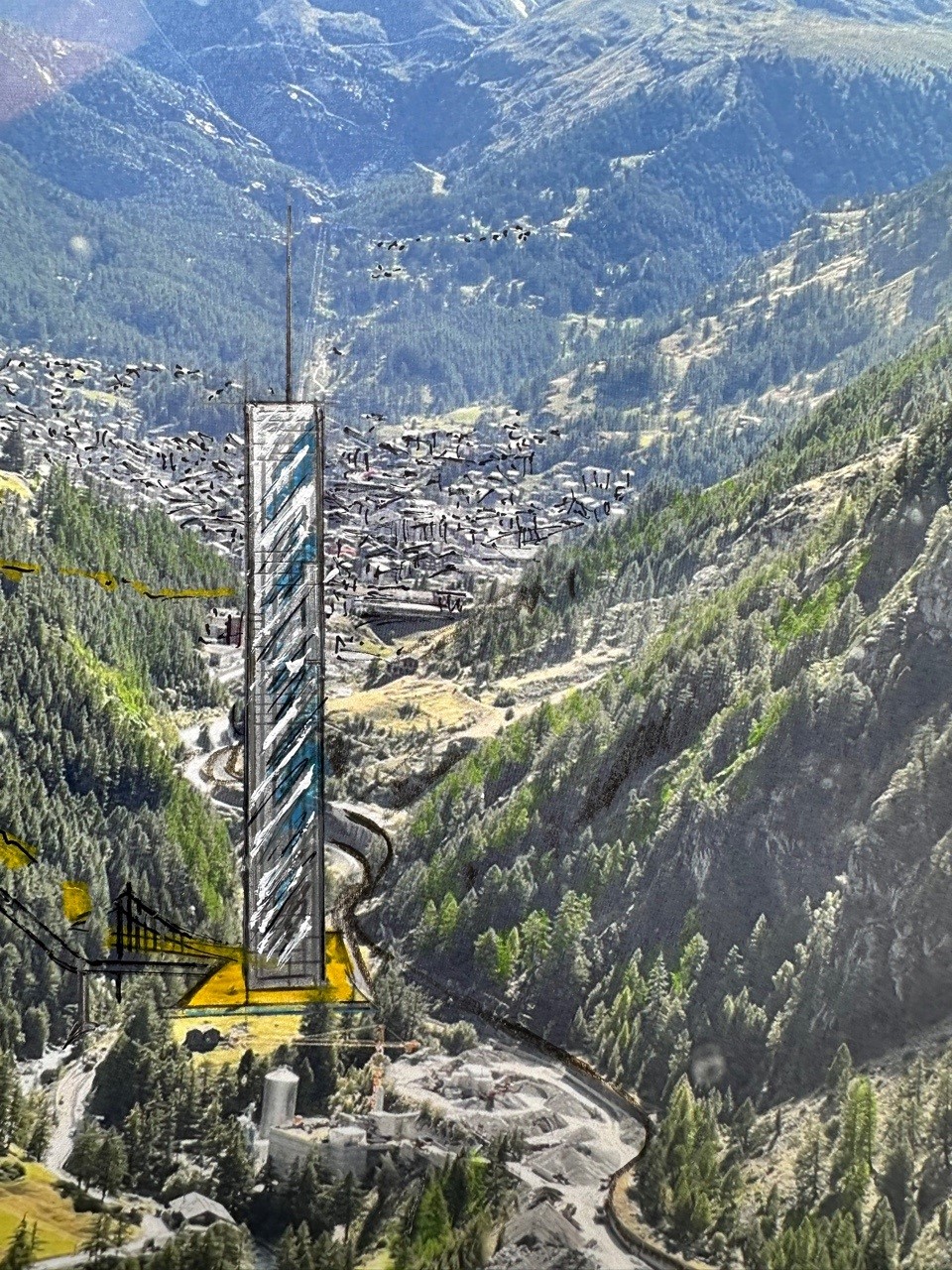
Human Rights Council enters crucial phase

A year after it met for the first time, the United Nations human rights watchdog is aiming to finalise its structure and mechanisms at its fifth session.
Switzerland, like other Western countries, wants the institution to be as independent as possible and open to non-governmental organisations. Asian and African countries – which form the majority – would prefer mechanisms to be controlled by the states.
Luis Alfonso de Alba, president of the UN Human Rights Council until June 18, is leading the negotiations on implementing the council’s procedural rules and mechanisms.
To this end he has submitted to the council’s 47 member states a compromise text that will be the focus of the week’s negotiations, which begin on Monday.
“I hope that a text can be approved without a vote and that we will all be celebrating this historic event on June 18,” de Alba said last week.
But this is by no means guaranteed. Many sensitive issues remain, and if disagreements cannot be resolved, Western countries including Switzerland could demand a vote on what they see as unacceptable proposals.
However, as Western countries are in the minority, such proposals could well be passed.
“If that happens, it will be a failure and loss of credibility for the council, which would all of a sudden find itself not supported by all of its members,” warned Michael Steiner, an ambassador from Germany, which currently holds the presidency of the European Union.
This has in fact already happened. During the fourth session in March, Pakistan proposed a resolution aimed at combating the “defamation of religions” but which critics pointed out could be used to justify limits of free speech.
Of the 17 members of the Organisation of Islamic Conference on the council, all but one voted for the resolution, along with China, Russia and South Africa. Fourteen Western countries voted against it, including all eight EU states and Japan, Ukraine and South Korea.
Lack of credibility
The Human Rights Council, which stems from a Swiss initiative, has endured a tough baptism since it met for the first time in June 2006.
The political splits that led to the paralysis and demise of its widely discredited predecessor, the Human Rights Commission, refuse to go away.
In March the United States, which is not a member, said it would not be seeking a seat on the 47-strong body because it did not deem it “credible”.
Washington chided the council for having a “singular focus” on Israel, while countries such as Cuba, Myanmar and North Korea had been spared scrutiny. Israel is the only country to have been criticised by the council for its human-rights violations, with nine resolutions passed against it.
Even in the case of Darfur, on which one of its own working groups had produced a damning report, the council declined to criticise the Sudanese government directly, limiting itself to an expression of “deep concern”.
Review of member states
De Alba is particularly keen for his proposal for the council’s “universal periodic review” to be accepted.
A central task for the new council was supposed to be regular reviews of human rights in each of the UN’s 192 member states, but so far, a year since its first session, nothing has changed.
Some Western countries however find the proposal too weak since it does not give enough weight to NGOs or independent experts – the council’s perceived obession with Palestine and Israel has already seen it accused of bias.
But Swiss law professor Walter Kälin, who drew up the blueprint for the council, prefers to focus on the positive, highlighting in an interview with the Neue Zürcher Zeitung that the council meets more regularly than its predecessor.
swissinfo, based on a French article by Frédéric Burnand in Geneva
The fifth session of the Human Rights Council takes place from June 11-18.
The council sat for the first time in Geneva from June 19-30, 2006.
The council will meet at least three times a year for no less than ten weeks, and can convene emergency sessions.
Its predecessor, the Human Rights Commission, met for just an annual six-week session.
Switzerland was elected to the council with a three-year mandate on May 9, 2006.

In compliance with the JTI standards
More: SWI swissinfo.ch certified by the Journalism Trust Initiative































You can find an overview of ongoing debates with our journalists here . Please join us!
If you want to start a conversation about a topic raised in this article or want to report factual errors, email us at english@swissinfo.ch.